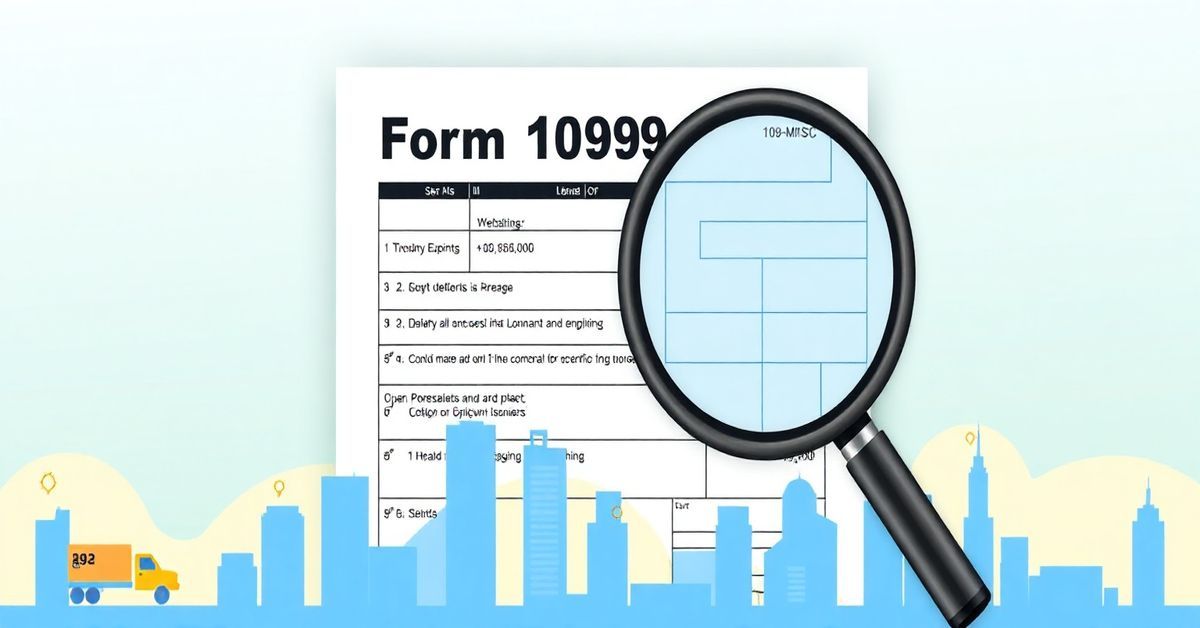IRS Form 1099: Miscellaneous Income
What is IRS Form 1099: Miscellaneous Income?
IRS Form 1099-MISC is used to report payments of at least $600 made to someone who is not an employee for services, rents, prizes, or other forms of miscellaneous income. Businesses and individuals use it to inform the IRS (and the recipient) of certain payments made throughout the tax year.

